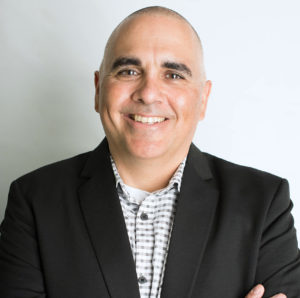If you can't quit your 9-5 just yet, learn how to leverage it to grow your side hustle even faster in this episode with Sasha Korobov.
Sasha Korobov is a career and success strategist who helps women all over the world get careers they love and smash their goals.
She’s also the host of the EntrepreNotYet podcast all about surviving your 9-5 while building an online business.
Sasha’s all about debunking bad career and business advice “for ladies” that make our heads spin with contradiction.
You know, stuff like:
- “Know your worth!… but you should probably cozy up to a dude who can open doors for you.”
- “Don’t be afraid to speak up in your career or business!… but please pipe down if it makes others uncomfortable.”
- And my favorite, “You better ask for permission before you do that…”
Sasha and I talk about:
- Sasha’s journey to becoming a career strategist for women.
- Why you don’t need to be an expert (and what to do instead).
- What failing can really do for you.
- The most common beliefs Sasha’s clients have that hold them back.
- How to create opportunities to do things you're passionate about that also help your side hustle.
- The importance of work/life boundaries.
- The real benefits of focusing on one thing at a time.
- Strategies to manage shiny object syndrome.
- Sasha’s best advice for you if you’re struggling to grow your side hustle.
- The one belief Sasha had to change about herself to get where she is today.
Click here to get your hands on Sasha’s “5 hacks to make your day job better, even if you can’t quit yet.”
My favorite quotes from Sasha:
- “You test, you tweak, you do. Action.”
- “Practice the art of stopping asking for permission for every little thing.”
- “It's okay if you tried something and it didn't work for you, it's okay to get tired. It's okay to admit that this is hard stuff, but that doesn't mean that you quit.”
- “Prioritize the stuff that's actually going to have you grow in your business.”
- “Everybody should be chasing something that they love.”
- “Minimize things that are going to take your eye off the ball.”
Resources mentioned in this episode:
Bio:
Sasha Korobov is a certified coach and success strategist who helps women all over the world get careers they love and smash their goals. When she’s not working with her amazing clients, Sasha is awkwardly learning the ropes of being an American expat in England, hanging out with her cats and her husband, or rocking a nearby Zumba class.






